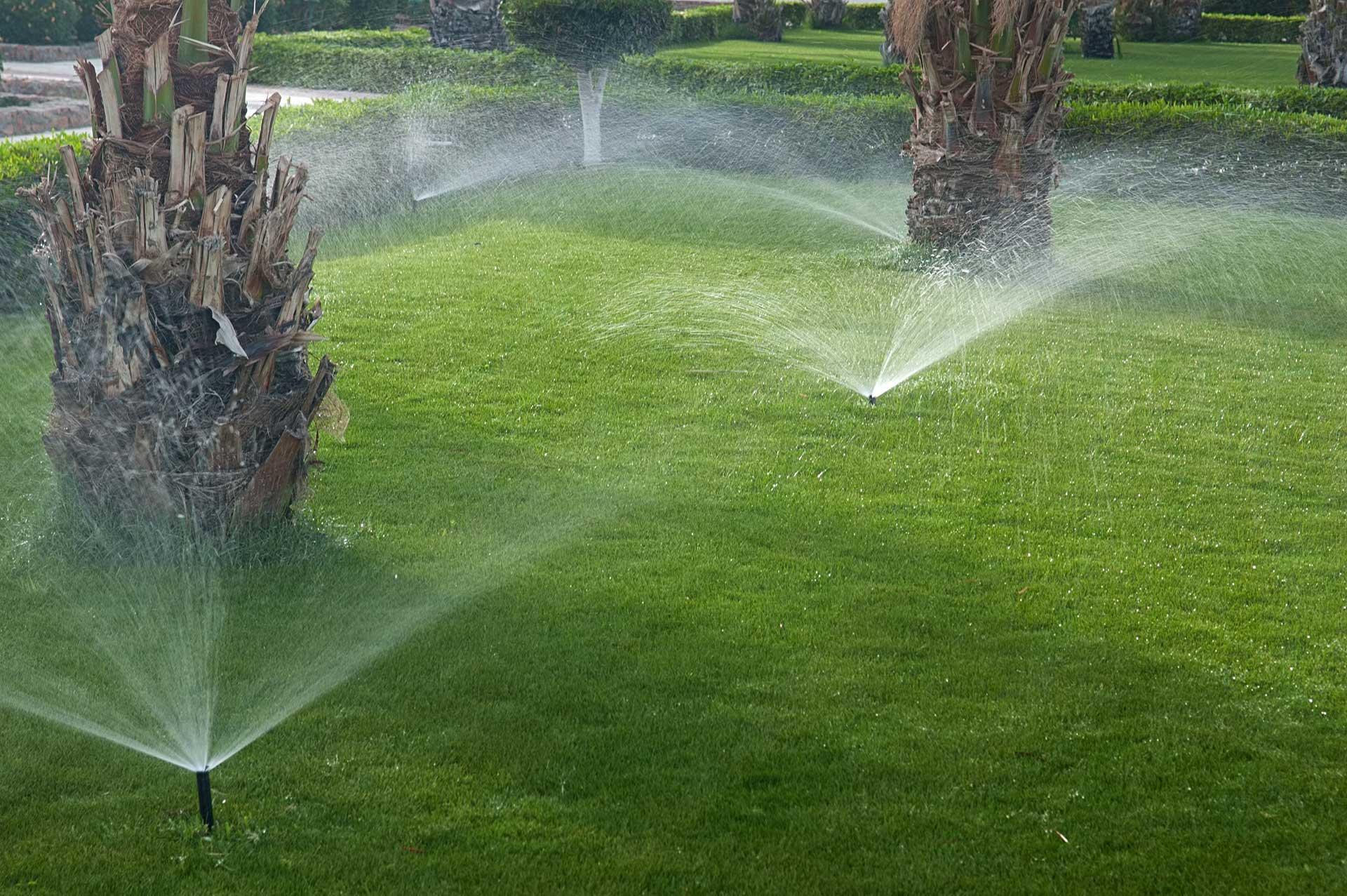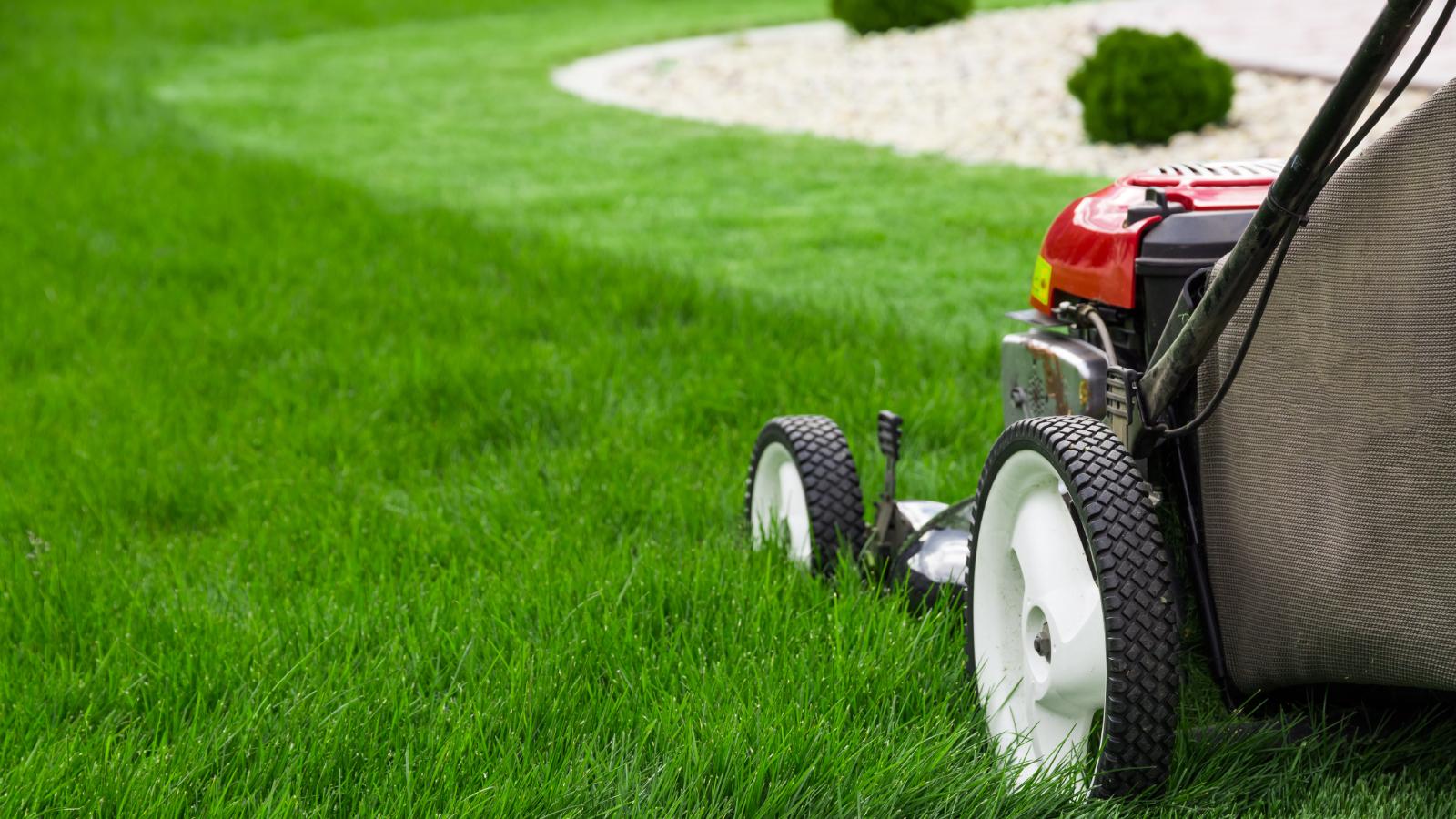A lush, green lawn is more than just a patch of grass-it’s the foundation of a welcoming home and a canvas for outdoor memories. Yet, achieving that picture-perfect yard often feels like a juggling act between fickle weather, soil conditions, and time constraints. Whether you’re a seasoned gardener or a first-time homeowner, mastering the art of lawn care can transform your outdoor space into a vibrant, healthy retreat. In this article, we’ll explore practical tips and thoughtful strategies to help you nurture your lawn with confidence and care, turning even the most modest yard into a flourishing landscape.

-
The Best Grass Types for South African Lawns
Choosing the right grass type for your lawn is crucial. Different varieties thrive in different conditions, so selecting the best one for your region can make lawn care much easier.
- Kikuyu: Fast-growing, hard-wearing, and excellent for high-traffic areas.
- Florida Grass: A fine-textured lawn grass, often used for bowling greens.
- Buffalo Grass: Coarse but durable; ideal for coastal gardens.
- Richmond Grass: Grows well in shaded gardens and warmer regions.
- Swazi Grass: A broad-leaved variety that grows quickly but struggles in dry spells.
- Kentucky Bluegrass: Grows from seed and tolerates shade but may need replanting after a few years.

Essential Watering Techniques to Promote Healthy Growth
Proper watering also involves mindful practices that prevent disease and runoff. Utilize slow, deep watering methods such as drip irrigation or soaker hoses to reduce surface runoff and water waste. Incorporate a watering schedule adjusted seasonally, checking soil moisture levels regularly to avoid underwatering or overwatering. Below is a quick reference guide for watering durations based on common irrigation systems, helping you tailor the process for optimal results:
| Irrigation Method | Approximate Duration for 1 Inch |
|---|---|
| Sprinkler System | 20-30 minutes |
| Soaker Hose | 60-90 minutes |
| Drip Irrigation | 90-120 minutes |

Smart Mowing Practices That Enhance Lawn Vitality
Maintaining a consistent mowing schedule supports the natural growth rhythm of your grass, allowing it to develop a robust root system and fend off weeds more effectively. Instead of cutting your grass too short, aim to mow no more than one-third of the blade height at each session. This practice preserves moisture and nutrients, ensuring your lawn remains lush and healthy throughout the seasons. Additionally, varying your mowing pattern can prevent soil compaction and promote upright growth.
Choosing the right blade height and keeping your mower blades sharp are equally crucial. Different grass types thrive at different cutting heights, so consider your lawn variety when setting the mower. Dull blades tear the grass, causing stress and vulnerability to diseases. Sharpen mower blades regularly for clean cuts.
- Adjust cutting height according to grass type and season.
- Change mowing patterns to reduce soil compaction.

Natural Fertilization Methods for Sustainable Lawn Care
To implement these sustainable practices effectively, here’s a quick guide to some common natural fertilizers:
- Compost: Rich in organic matter, improves soil texture and moisture retention.
- Grass Clippings: Act as a slow-release nitrogen source when left on the lawn.
- Bone Meal: Provides phosphorus essential for root development.
- Seaweed Extract: Supplies trace minerals and stimulates microbial activity.
- Worm Castings: Enhance soil aeration and nutrient availability.
| Natural Fertilizer | Main Benefit | Best Application Time |
|---|---|---|
| Compost | Improves soil structure | Early spring or fall |
| Bone Meal | Boosts root growth | Planting time |
| Seaweed Extract | Enhances plant vigor | Throughout growing season |
| Worm Castings | Increases nutrient uptake | Anytime |
To Conclude
In the end, nurturing a vibrant lawn is more than just a chore-it’s an ongoing conversation with nature right outside your door. By embracing these lawn care tips, homeowners can cultivate a green sanctuary that not only enhances curb appeal but also brings a quiet sense of satisfaction. Remember, every blade of grass tells a story of patience, care, and a touch of diligence. So grab your gloves, tune in to your lawn’s needs, and watch your outdoor space transform into the lush retreat you’ve always envisioned.

